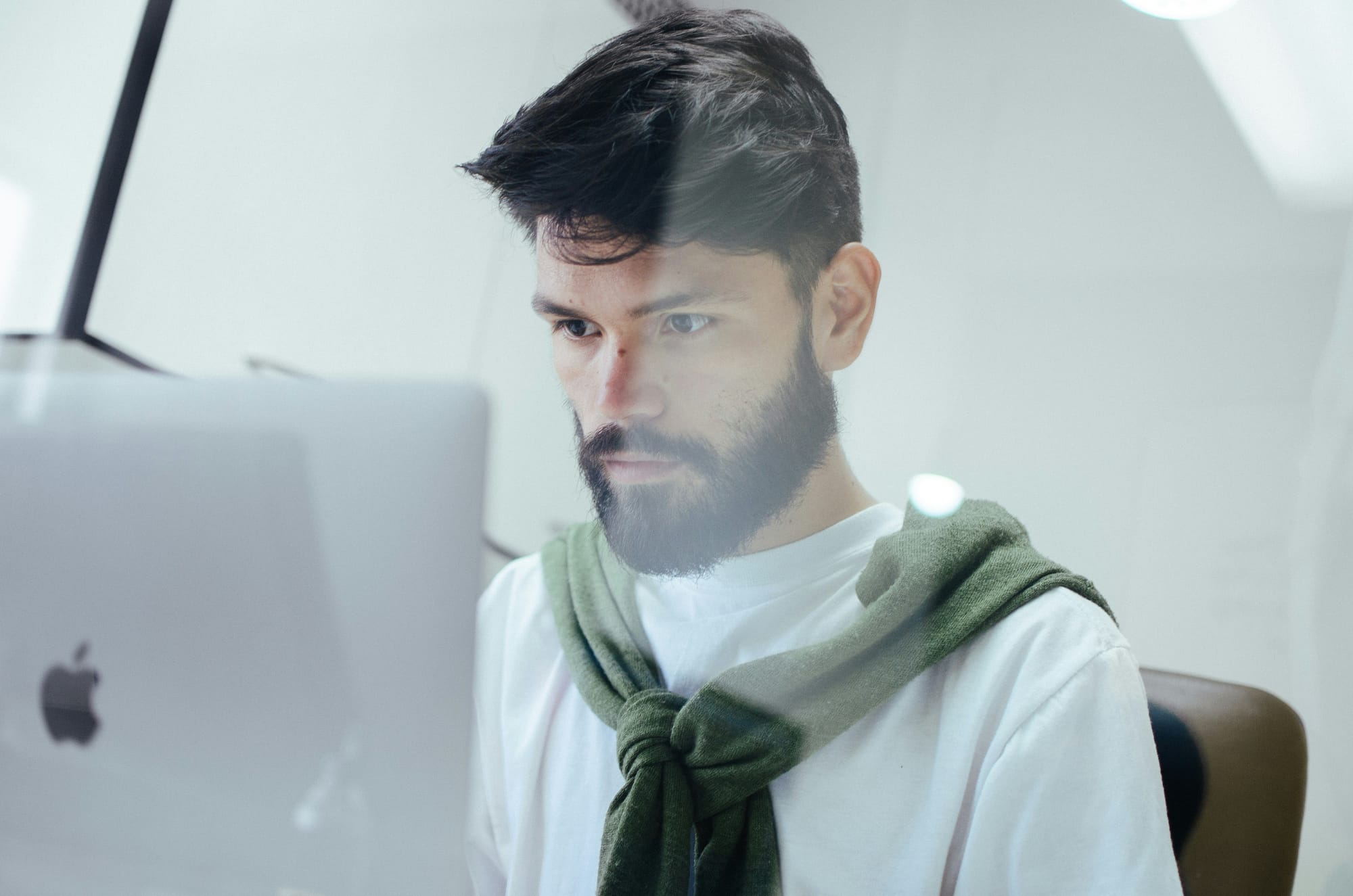Staying safe & keeping calm if a friend or family member is radicalised against you

How to cope with sudden change in a relationship you’d valued, and how to know if you can rescue it.
We’re not living in normal times. A quick look at the news would show anyone that, but I wouldn’t be angry at anyone who decided not to put themselves through that. It’s hard, as a member of the trans community, to feel anything but disheartened and threatened by the rhetoric in the mainstream media, let alone the darker corners of the social media algorithm.
It’s hard to believe, but there are some people who think the world is on the right path, and that things are getting better. I used to believe that a long time ago, but now? It feels like civilisation is forgetting everything it learned less than a hundred years ago. Genocide is happening in Ukraine and Palestine. Meanwhile, trans people are being denied healthcare in America, the British Health Secretary thinks mental health issues are “overdiagnosed”, and the world’s most popular author has said over and over that she hates a significant group of people who read her books.
This post is free. If you feel I am providing something useful or interesting to you, I'd love it if you would consider donating to me. It helps me produce other content to help the trans community!
It’s understandable if all this makes you rush to your friends for support, but what if that friend has been turned by the far right? I didn’t think I would be in that position. I was in the rare and happy position where most of my immediate family were anywhere from basically tolerant to joyfully supportive of me coming out. I put the news out on socials, and I got a rush of likes and happy comments that made me feel like I was wrapped in a cloud. It wasn’t until later that I realised the truth about some people I thought I knew better.
Someone I liked started going on and on about a key figure in the US Government, not realising that the man they so admired wanted trans people to be eradicated. Didn’t realise, or didn’t care? It might seem like there’s no difference, but there’s a big difference between the two, because one means a friendship might be redeemable, and the other makes it a lot harder for that to happen.
How does radicalisation happen?

Unfortunately, algorithms are designed to radicalise us. When we watch a video on YouTube, it feeds us more, similar, videos. When we like a post on Facebook, it shows us more posts like the ones we liked, and posts that others who liked the post also enjoyed. In the last pre-Elon Musk Twitter days, before the app became the right-wing trashcan X, users became adept at ragebaiting, knowing that an angry but wrong post would earn multiple times more engagement than a considered one.
I felt this, and I’m sad to say I started copying those users, amping up the anger in my published thoughts, knowing that it would be seen by more users as a result, and that I would get my candy - the likes and shares from people who felt the same as me, in inflated numbers. Looking for approval on social media was addictive. It also made me a worse person. I saw this, saw I was becoming overstimulated, and stepped away from text-feed-based social media until I joined Bluesky recently.
I have never been a far-right supporter. If anything, it was extreme-left rage-baiting that caught me in its grasp. But in this environment, it’s really no wonder if certain of us start believing in others over everyone else. I’ve seen people fall for toxic figures like Kanye West and Musk, and then wonder why I was upset at their support of them. Kanye has literally said he is a Nazi. Elon has done the Nazi salute, and wants to eradicate trans people. Sometimes I wonder why people can’t see that that eradication would include me. I don’t want to detransition, and I don’t want to have to hide. Neither should you.
How do you notice radicalisation, and what can you do?
It’s important to notice the early signs that someone might be becoming radicalised. The words they may use to describe topics may shift, for example phrases like “the woke mind-virus”. You might notice that some of the things they say sound like they’re lifted from conservative news. That’s because they probably are. A seemingly kind young person once told me, “when they dig us all up, they’re only going to find one of two things, aren’t they? So why do you think anything else is true?” It didn’t fit with the kid’s usual speech patterns, a clue it was being quoted from somewhere.
Attempts to push back against radicalised narratives often end in conflict, and that’s why, while it’s important to be clear about your own contradictory viewpoint, you can’t take responsibility for them. Conservative and far-right talking points are popular because they look for what vulnerable people need: something that tells them change is not inevitable. It’s more comfortable to hear absolute certainties, than to hear that change is going to make the world look very different.
Most people reading this have, at some point, come out to friends or parents - we know there is a world of difference between listening and understanding. Radicalised people are less likely to do either of those. Ask them questions. Ask them to show you where they found their information. Suggest alternatives. But be clear about your boundaries, and only listen for as long as you feel you can tolerate.
You must prioritise your own mental health. Friendships and close relationships constantly evolve, and if you have set a clear boundary on the kind of language and discussion you will tolerate, and they keep crossing that line, it might be better to call a pause on the friendship or relationship. If so, tell them clearly why, but if you want to leave the door open, tell them you’re going to be around if they change their mind on issues that mean so much to you.
It’s gut-wrenching to break up with friends, it’s worse to have to do it to family members. There are trans people who have had to do this to many of the people they loved, and it just adds to the feelings of disconnection and self-loathing that many of us have to deal with. We shouldn’t have to feel like that, and yet although it might seem comforting in the short term to hold onto alliances that meant so much to us through better times, it’s sometimes better for our mental health to move on.
Life isn’t only about having unquestioning support, but we need to know that the people we’re surrounding ourselves with believe in the people who we truly are. If they come around to your view eventually and they’re truly sorry, they’ll tell you so. But until then, you're responsible not for their feelings, only for your own.
Have you had to end a friendship or close relationship because of their attitude towards something that meant a lot to you? Let me know, I'm on Bluesky and email.

Member discussion